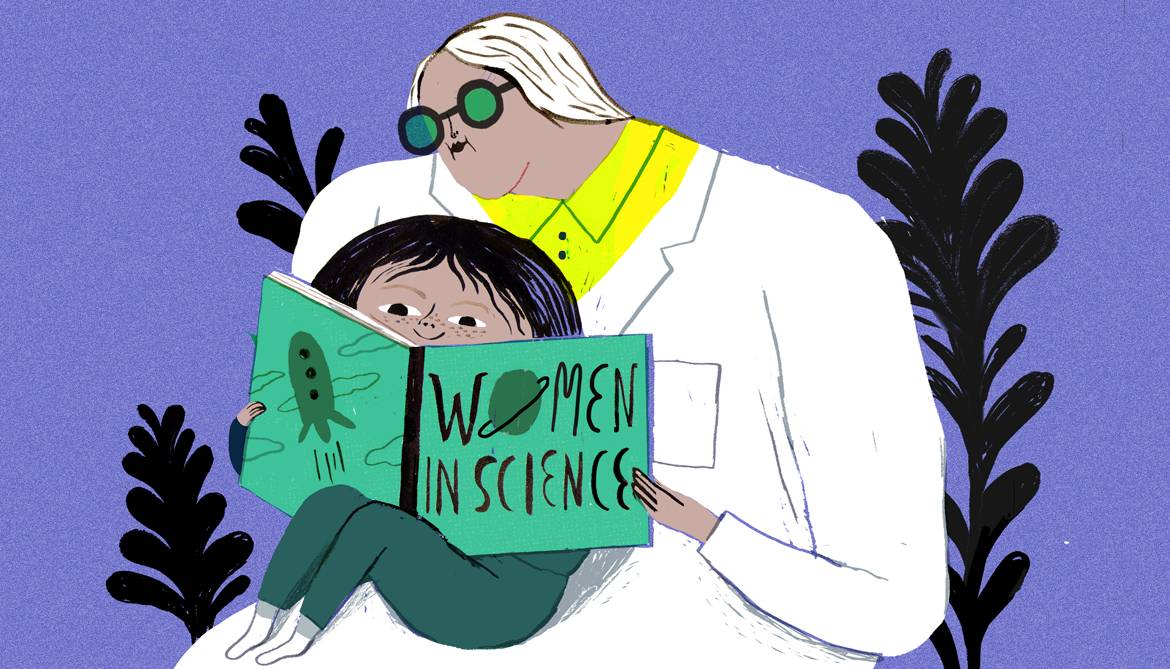Should the media stop using the term 'natural disaster'?
Floods in Libya and Greece, fires in Australia or earthquakes in Morocco. Disasters are on the rise, partly because climate change is affecting the frequency and intensity of some of them. The media often use the term 'natural disaster' to describe them, something a team of crisis and disaster specialists is trying to change.









